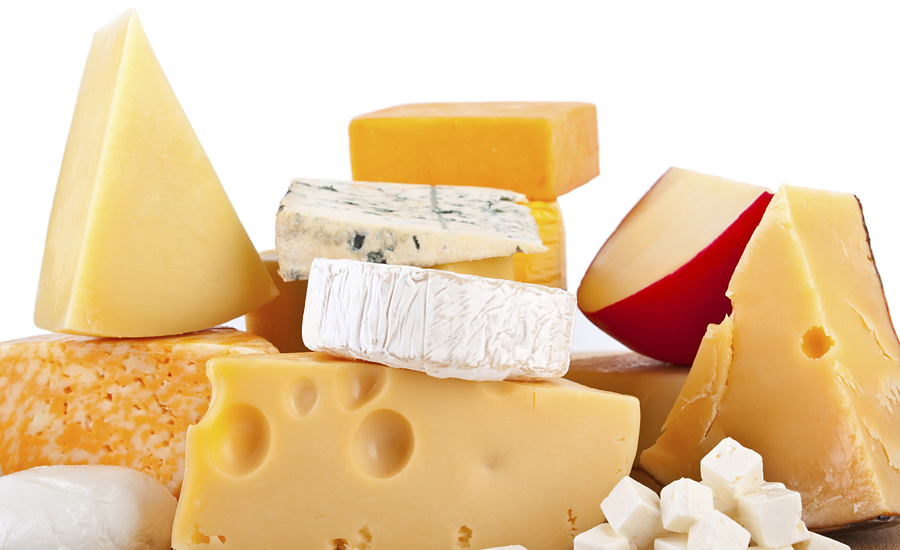New Culture, a San Francisco-based animal-free dairy cheese processor, announced the closing of $3.5 million in seed round funding led by Evolv Ventures, Kraft Heinz’ Chicago-based venture capital fund.
Coming out of the biotech accelerator program IndieBio, New Culture uses fermentation instead of animals to make dairy proteins.
Other investors in the round include Bee Partners, San Francisco; Mayfield Fund, LLC, Menlo Park, Calif.; CPT Capital, London; Boost VC, San Mateo, Calif.; and SOSV, Princeton, N.J., who followed on after its initial pre-seed investment earlier this year.
“It’s fantastic to have the support of our investors, as we look to grow the company and scale New Culture’s unique fermentation technology,” says Matt Gibson, co-founder and CEO of New Culture. “We want to disrupt one of the oldest and largest food industries in the world by producing a better dairy cheese for anyone to enjoy, whether you’re a cheese lover, lactose-intolerant, vegan, environmentally conscious or health-conscious. The capital, knowledge and network our investors bring to New Culture enables us to begin doing that.”
“We’re excited to lead the seed round for New Culture,” adds Steve Sanger, general partner at Evolv Ventures. “We have been impressed by what the team accomplished during IndieBio in a short period of time, and look forward to supporting their vision to produce animal-free dairy cheese. This is another example of our focus on investing in the leading companies across the food value chain.”
“Fully plant-based cheese doesn’t work, and we know why. It lacks the crucial component [that] gives dairy cheese its signature properties, and that is the casein micelle, a supramolecular structure of dairy proteins that are found only in mammalian milk,” says Inja Radman, co-founder and chief strategy officer for New Culture. “We are developing the technology to make those casein micelles without involving animals in the process.”
New Culture will remain in San Francisco, as it looks to set up an R&D and fermentation facility while growing its team.
“We’re really excited about what the next 18-24 months holds for New Culture,” Gibson says. “We are experiencing one of the most significant and important food movements of our time. We are fortunate to be in a position to join other fantastic companies in building a more efficient and sustainable global food industry.”

